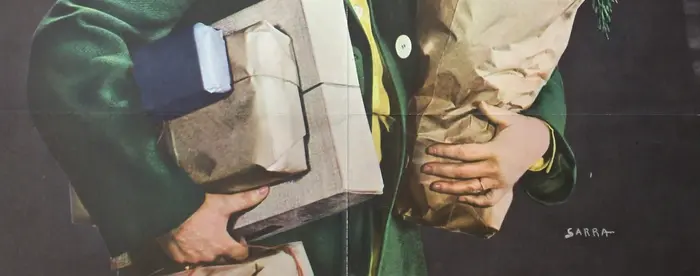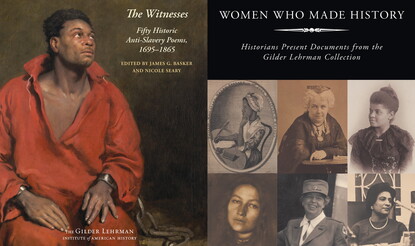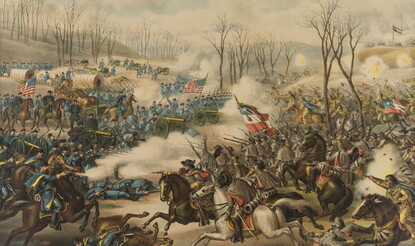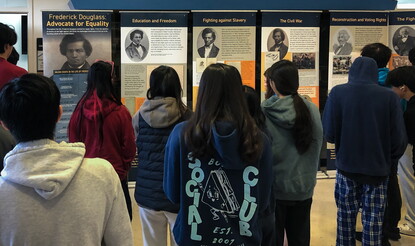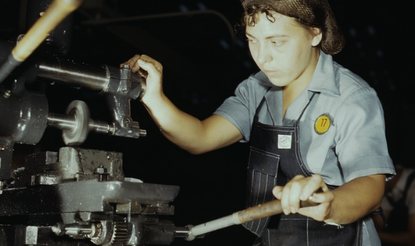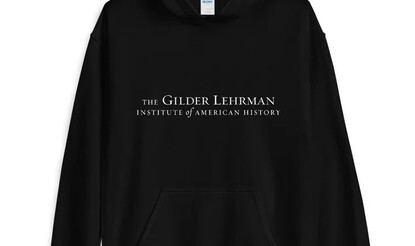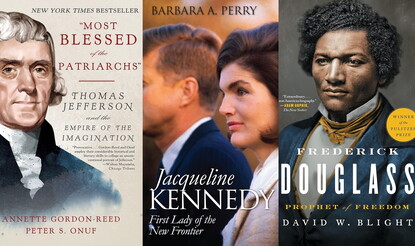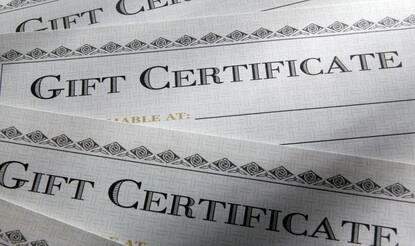Explore a curated collection of books, classroom resources, historical documents, and exclusive merchandise celebrating American history. Whether you’re a student, educator, or history enthusiast, you’ll find inspiring tools and treasures to deepen your connection to the past and support history education.
Image: Detail from a World War II poster, “I’ll carry mine too!,” with art by Valentino Sarra, produced by the Office of Defense Transportation, 1943. (The Gilder Lehrman Institute, GLC09654.46)
